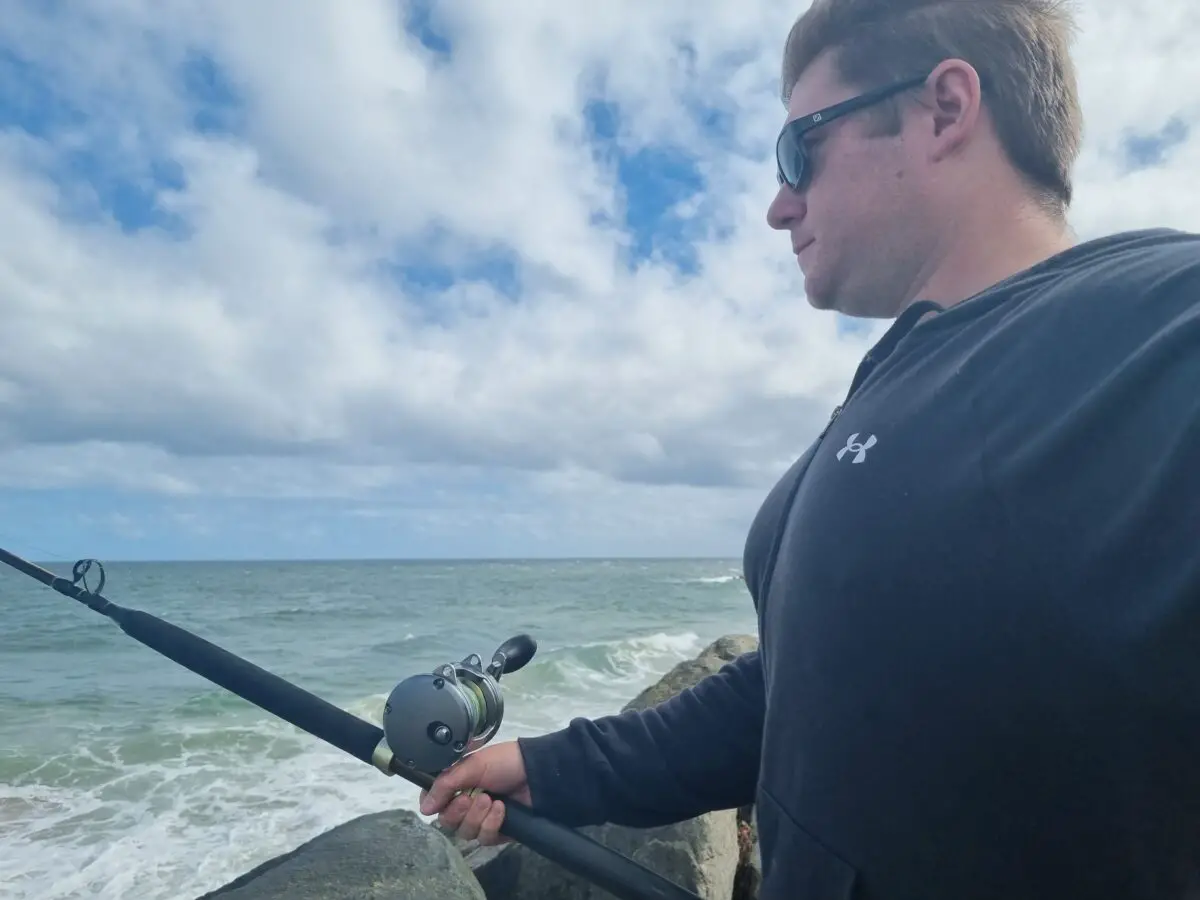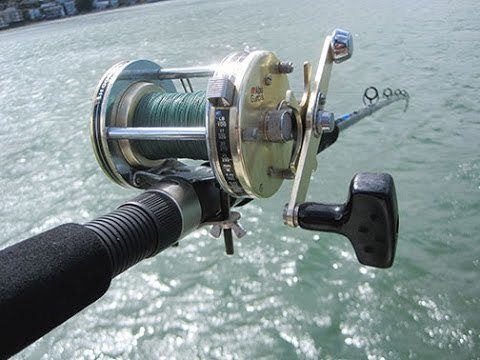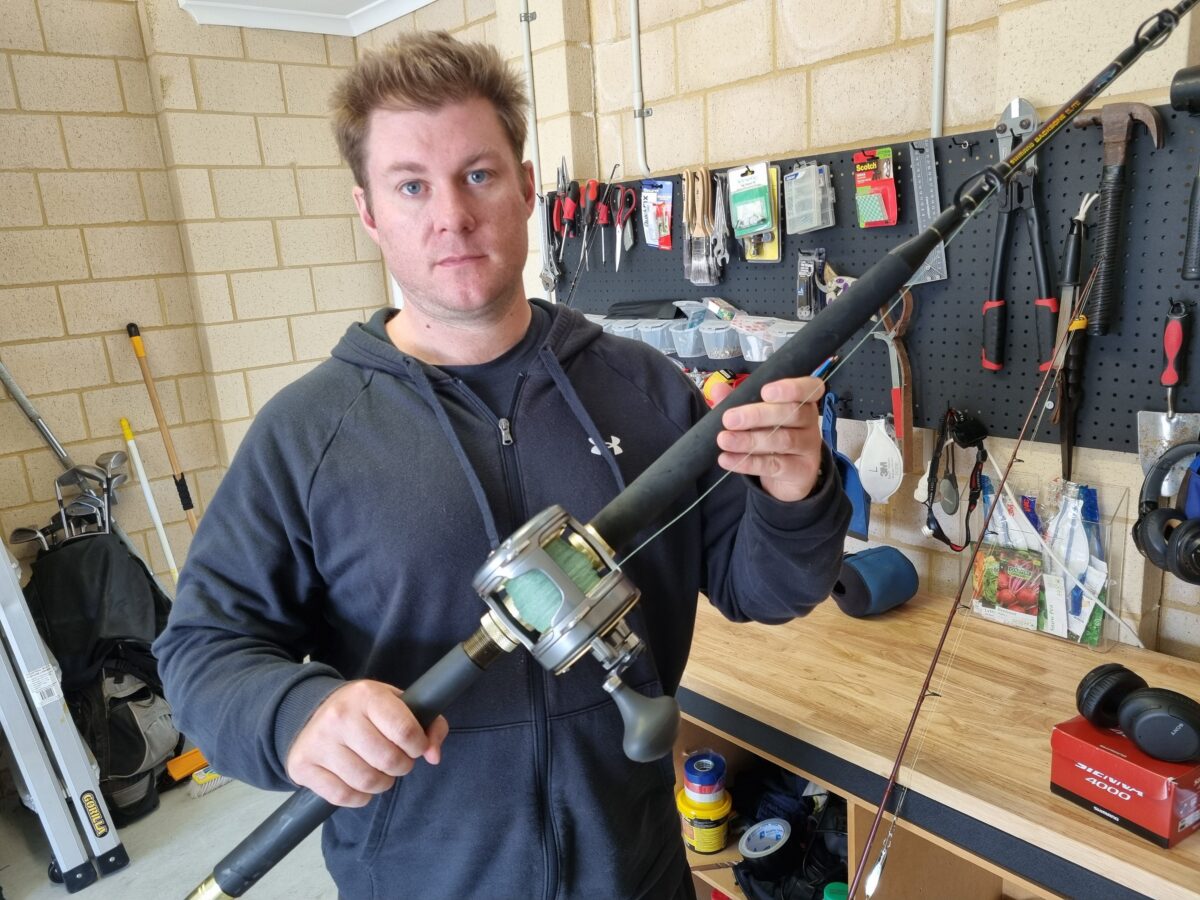Yes, you can use a conventional reel for freshwater fishing, especially when targeting larger species such as catfish. Choose a smaller, lighter conventional reel suited for freshwater applications, ensuring it is appropriate for the target species, line capacity, and fishing environment.

Conventional reels are popular with anglers for many different reasons. They are relatively easy to use for beginners and easy to find even in your most basic shop selling fishing gear. Plus, they’re incredibly versatile and powerful. Many anglers use them for saltwater expeditions or deep sea fishing to catch large, heavy fish.
That doesn’t mean you can’t use conventional reels for freshwater fishing. In fact, you can use these versatile reels in a few different settings, including freshwater, inshore, and offshore fishing. Depending on the fish you are going for, a conventional reel is not always the best choice, but the type of water doesn’t matter as much.
Here is your guide to figuring out when you can use a conventional rod and when to make another choice.

Table of Contents
Advantages
A few advantages of using a conventional reel when going freshwater fishing exist.
1. More Powerful
If you are targeting larger freshwater species from catfish to salmon, conventional reels are some of the best you can have. There are a few different design features that make them so great for larger fish.
One is the torque. These reels have lower gear ratios than other types of reels, which increases the torque when reeling in larger fish or when you have to pull in a deeper dwelling fish a long distance.
Conventional reels are also much stronger than other reels, which means they can hold more line and resist tugging when fighting a monster of the river.
2. Conventional Reels Are Versatile
Conventional reels can reel in big fish without limiting you in terms of which fish you can catch. They come in many different sizes (which is why you can find guides specializing in choosing the right conventional reel size). That gives you more versatility than simply stuffing a large reel with lots of line.
3. More Durable
Conventional reels hold up to more wear and tear than other reels, which is great if you put your gear through a lot of damage. Since conventional reels are most commonly used for saltwater fishing, they are designed to hold up against more corrosive saltwater.
4. They Are Easy to Find
Finally, you can get conventional reels in just about any tackle store. If you’re starting out and don’t want to load yourself down with a lot of gear, getting a versatile conventional reel is a good starter pack.

Disadvantages
While you can use conventional reels in freshwater fishing, there are a few reasons why this choice is less popular among experienced anglers.
1. Difficult to Cast
Conventional reels are simple, but that means tasks that are automated in other fishing reels must be done manually by the angler. But they are much more difficult to cast long distances and accurately compared to a spinning reel or baitcaster. They are better suited for dropping baits rather than fast moving lures.
2. They Are More Prone to Tangling
One big problem with conventional reels is that they are more prone to backlash and forming birds’ nests than spinning reels. There are techniques to avoid this, but it takes a while to master them.
3. They Are Heavier
The same advantage that makes conventional reels popular for offshore fishing makes them overkill for just catching small fish in your local pond. These rods are so heavy and durable, they are overkill for fishing small fish. Their weight makes it difficult to cast your line, and you lose some control.
Which Freshwater Species Would You Target with A Conventional Reel?
You should target bigger species when using a conventional reel, such as:
- Catfish
- Muskie
- Northern Pike
- Largemouth Bass
- Striped Bass
- Carp
- Sturgeon
- Flathead Catfish
- Walleye
- Lake Trout
Final Thoughts
Conventional reels are more common for saltwater fishing, but you can use them to target larger freshwater fish thanks to their high max drag and lower gear ratios.
Conventional reels are a versatile option for freshwater fishing, particularly when targeting larger fish or navigating challenging environments. By selecting the right size and type of conventional reel, anglers can enhance their fishing experience and increase their chances of landing impressive catches. So, don’t hesitate to explore conventional reels’ possibilities and versatility in your freshwater fishing adventures.
